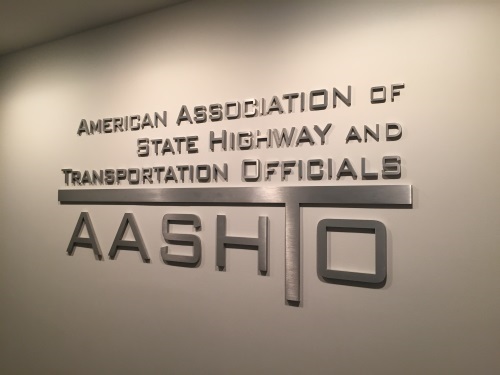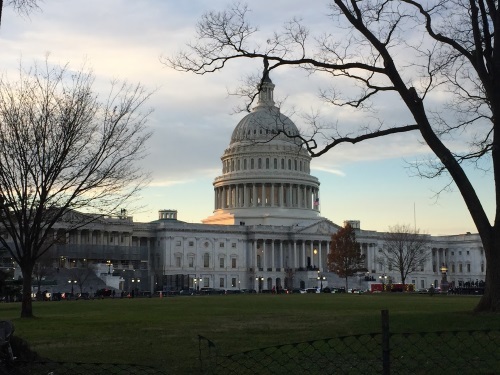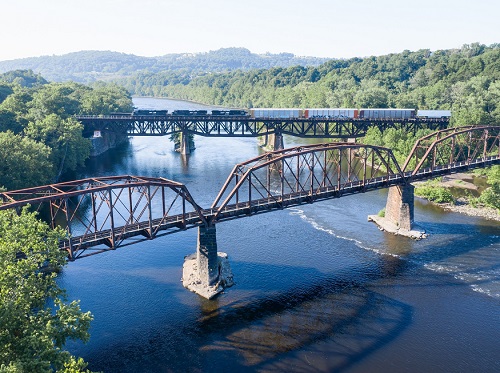The American Association of State Highway and Transportation Officials recently called on Congress to set aside $20 million from the Consolidated Rail Infrastructure and Safety Improvements or CRISI program to support rail planning efforts in every state, with funding disbursements channeled through the Federal Railroad Administration.
[Above photo via the Federal Railroad Administration]
“As you begin your work to develop appropriations legislation for fiscal year 2025, we request Congress direct $20 million in CRISI funds to states … to plan new routes and manage the complex infrastructure projects required to turn [rail] visions and plans into reality,” AASHTO said in its letter.
The organization added that, while the Infrastructure Investment and Jobs Act provided a “welcome influx” of federal investment to jump-start planning and preparation for new rail projects, the “unpredictable and uncertain nature” of discretionary grant awards does not naturally lead to the “steady and intentional” construction of rail capacity at the state level.

“President Biden’s budget request for FY 2025 recognizes this need, and we strongly support its enactment in the upcoming appropriations bill to enhance state capacity to plan and manage new rail projects,” AASHTO said. “This funding set-aside will provide every single state with a crucial complement to the federal investments in rail already underway and in the pipeline. Resources to bolster state capacity will enable federal investments in rail infrastructure to be deployed faster and more efficiently.”
In April, the FRA issued a notice of funding opportunity or NOFO making more than $2.4 billion in CRISI program grant funding available. The FRA said this NOFO includes funding for fiscal years 2023 and 2024 and builds on more than $1.4 billion in CRISI grants issued in September 2023.
FRA noted in a statement that CRISI grants provide a major source of funding for rural communities and short line railroads, many of which are small businesses whose operations bolster local economies and are crucial for supply chain fluidity.
FRA also noted that CRISI grants can support important workforce development and training programs to retain current employees and attract new individuals to the rail industry.
 Top Stories
Top Stories
AASHTO Comments on Proposed Drone Rules
October 10, 2025 Top Stories
Top Stories

